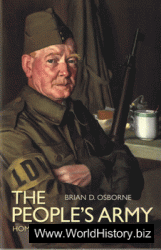Passions bridge the gap between what modern liberals think of as the private and the public spheres. In ancient political philosophy, passions such as anger and love were not private indulgences but public servants in the project of binding political regimes together. The ancients saw passions as changes which the soul ‘‘passively’’ undergoes, as opposed to the soul’s activities, such as thinking. Thinking plays a role in politics, but passion arguably plays a greater role. Philosophers, lawgivers, and statesmen therefore attempted to discover the best passions for citizens to have. Perhaps the single most perplexing aspect of ancient political psychology is the centrality of anger in Plato and its continuing relevance for Aristotle. ‘‘Spiritedness’’ - the middle bond between reason and desire in the tripartite soul of Plato’s Republic - connotes a quickness to anger, and its many forms can be traced back to anger. Why base political life on this apparently antisocial passion? If anger tends to force out or replace gentler passions, then Plato’s conceding the central place in the soul to spiritedness might be strategic rather than strictly normative. Plato may accommodate anger, making the best of what he considers the bad hand dealt by human psychology. But the Republic’s assurances that the spirited part of the soul normally listens to reason are undercut by the dialogue itself, as we shall see. How would Plato's strategy differ from simply caving in to humanity's most destructive impulse and letting it rule? If we approach the political use of anger by first examining the alternatives, we may gain perspective on the question. To misappropriate Churchill’s dictum on democracy: anger may be the worst political passion, except for all those other political passions that have been tried from time to time.




 World History
World History









